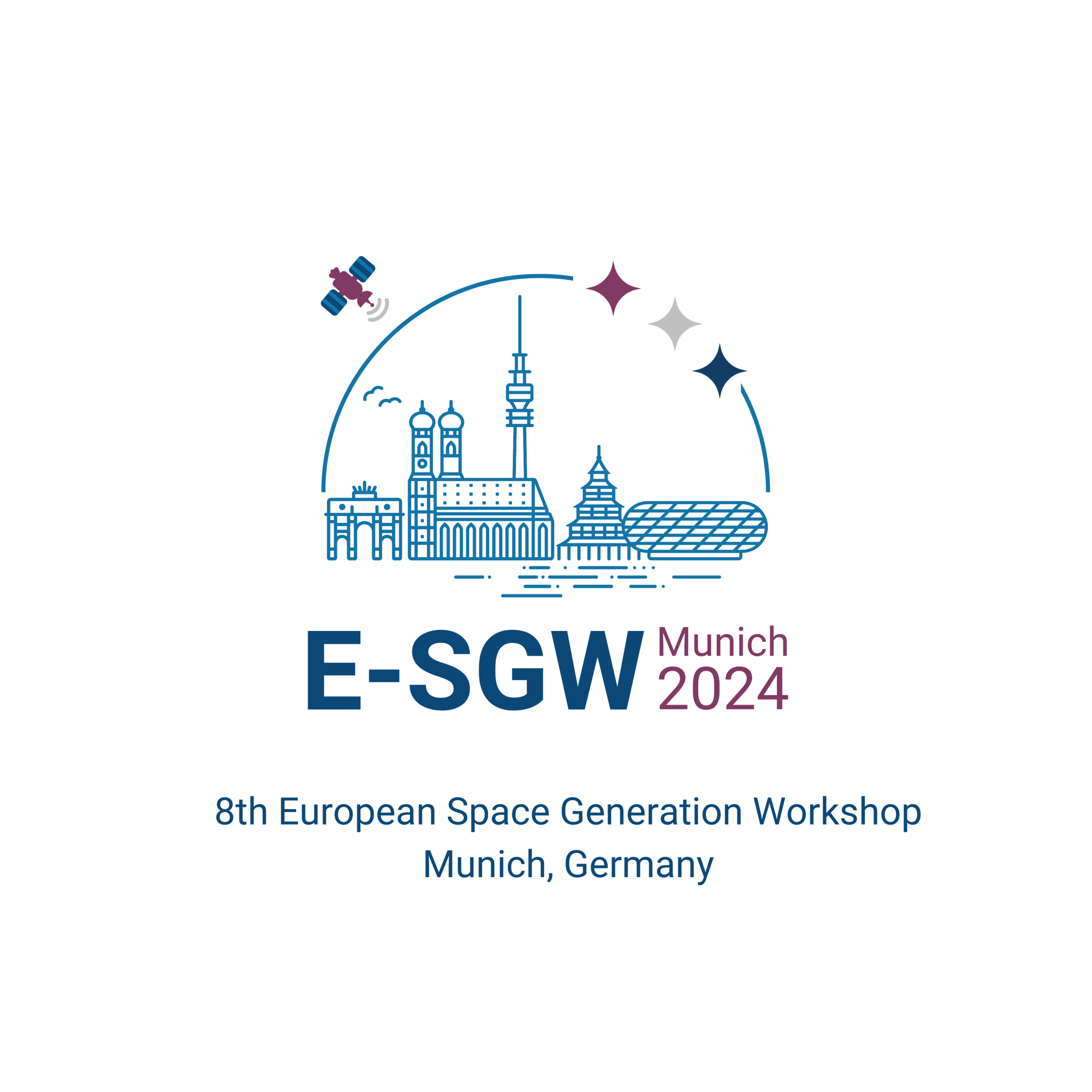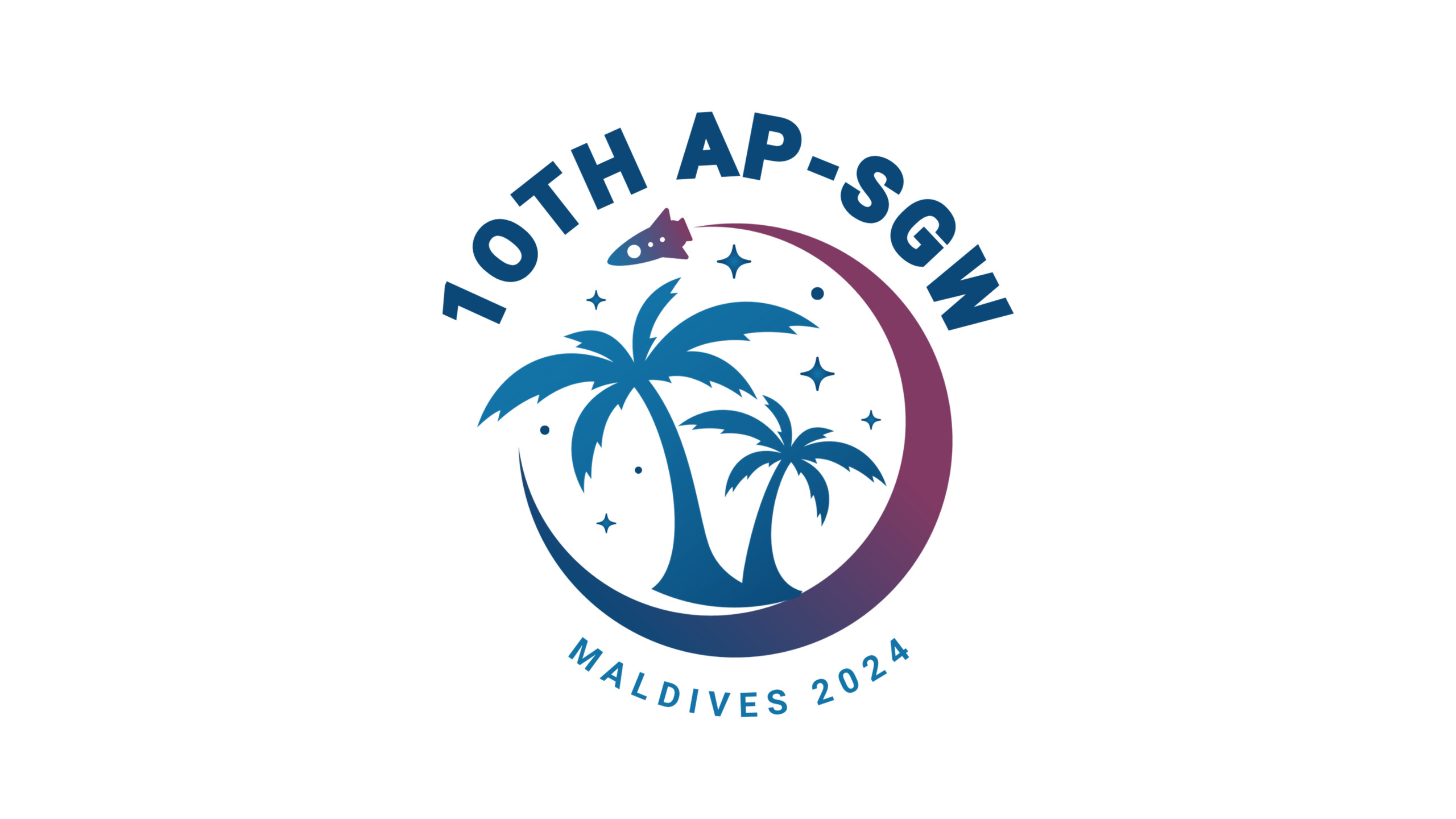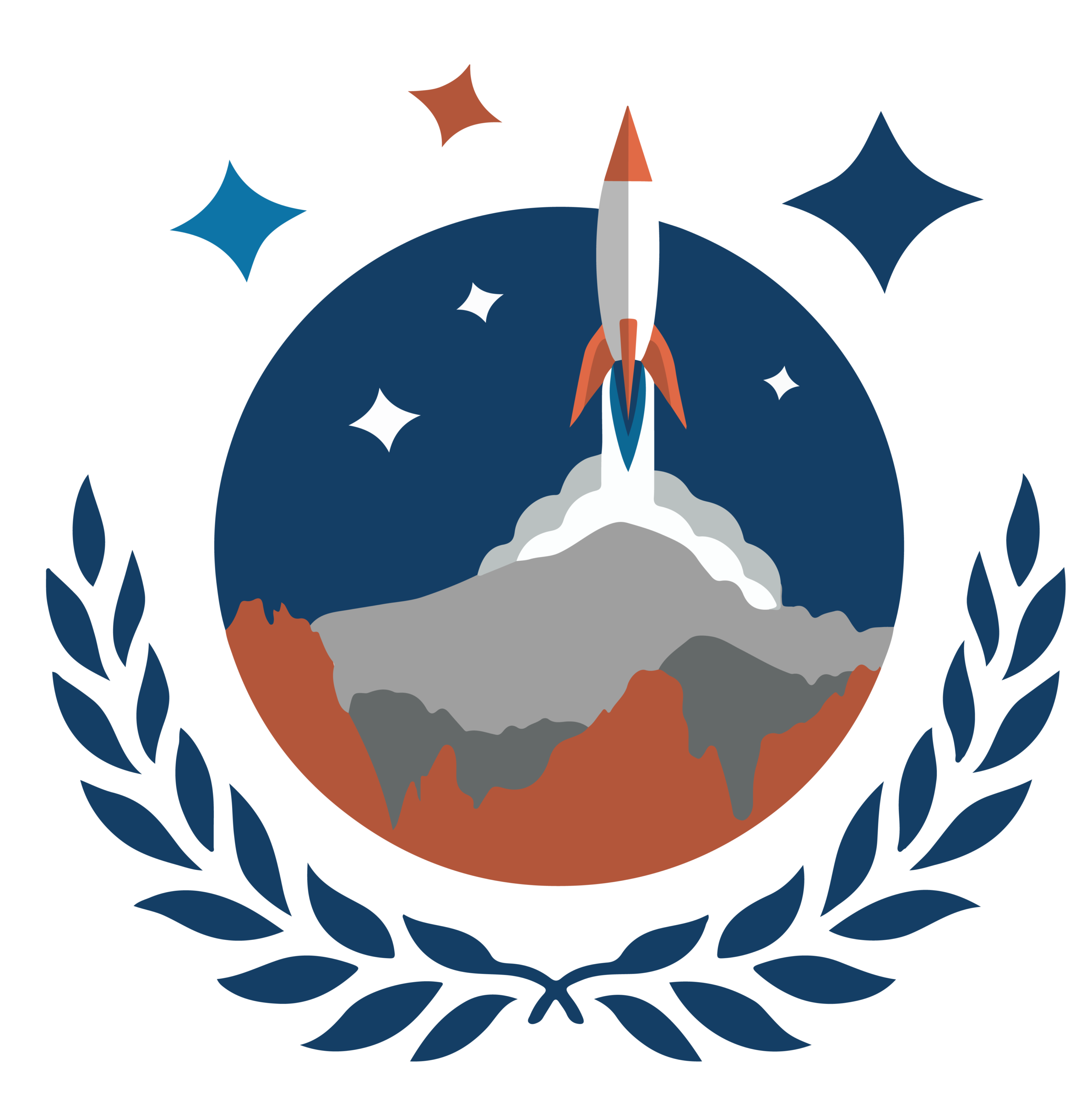SGAC India
National Points of Contact
India
Welcome to the homepage for SGAC India group. Through this page, we aim to keep our young enthusiasts, budding scientists and professionals, including the general public, up to date with all the ongoing and upcoming activities in the Space Science sector in the country. If you would like to become involved in any space-related activity in India, would like to collaborate with SGAC for reaching a wider audience, have any general comments or queries, or are aware of any events that would be of interest to other space enthusiasts, please do not hesitate to contact your National Point of Contact, Dr. Shashank Khurana. Feedback concerning this website is also welcome.
Young Space Activities Overview in India
The Indian Space Research Organisation (ISRO) is the space agency of the Indian government headquartered in the city of Bengaluru. Its vision is to ‘harness space technology for national development, while pursuing space science research and planetary exploration.’
Formed in 1969, ISRO replaced the former Indian National Committee for Space Research (INCOSPAR), which was established in 1962 by the efforts of independent India’s first Prime Minister Jawaharlal Nehru, and his close aide and scientist Vikram Sarabhai. The establishment of ISRO thus institutionalized space activities in India. It is managed by the Department of Space, which reports to the Prime Minister of India.
ISRO maintains one of the largest fleet of communication satellites (INSAT) and remote sensing (IRS) satellites. ISRO built India’s first satellite, Aryabhatta, which was launched by the Soviet Union in 1975. In 1980, Rohini became the first satellite to be placed in orbit by an Indian-made launch vehicle, SLV-3. ISRO subsequently developed two other rockets: the Polar Satellite Launch Vehicle (PSLV) for launching satellites into polar orbits and the Geosynchronous Satellite Launch Vehicle (GSLV) for placing satellites into geostationary orbits. These rockets have launched numerous communications satellites and earth observation satellites. Satellite navigation systems like GAGAN and IRNSS have been deployed. In January 2014, ISRO successfully used an indigenous cryogenic engine in a GSLV-D5 launch of the GSAT-14.
ISRO sent one lunar orbiter, Chandrayaan-1, on October 22, 2008 and one Mars orbiter, Mars Orbiter Mission, which successfully entered Mars orbit on September 24, 2014, making India the first nation to succeed on its first attempt, and ISRO the fourth space agency in the world as well as the first space agency in Asia to successfully reach Mars orbit. Future plans include development of GSLV Mk III (for launch of heavier satellites), development of a reusable launch vehicle, human spaceflight, further lunar exploration, interplanetary probes, a solar spacecraft mission, etc. ISRO has carried out 75 spacecraft missions, 46 launch missions. 51 foreign satellites have been launched by ISRO’s launch vehicles, and 28 ISRO satellites have been launched by foreign launch vehicles. As of October 2015, ISRO has agreed to launch 23 foreign satellites of nine different nations including Algeria, Canada, Germany, Indonesia, Japan, Singapore and the US.
Recently, India’s Polar Satellite Launch Vehicle, in its thirty ninth flight (PSLV-C37), launched the 714 kg Cartosat-2 series satellite for earth observation and 103 co-passenger satellites together weighing about 663 kg at lift-off into a 505 km polar Sun Synchronous Orbit (SSO). The co-passenger satellites comprised of 101 nano satellites, one each from Kazakhstan, Israel, The Netherlands, Switzerland, United Arab Emirates (UAE) and 96 from United States of America (USA), as well as two Nano satellites from India. The total weight of all these satellites carried on-board PSLV-C37 was about 1377 kg. PSLV-C37 also carried two ISRO Nano satellites (INS-1A and INS-1B), as co-passenger satellites. These two satellites carry a total of four different payloads from Space Applications Centre (SAC) and Laboratory for Electro Optics Systems (LEOS) of ISRO for conducting various experiments.
ISRO is gearing up to launch communication satellite GSAT-9, it satellite meant for providing communication and disaster support, connectivity among States (countries of South Asia region) also known as South-Asia Satellite, using its heavy rocket Geosynchronous Satellite Launch Vehicle (GSLV-F09) on May 5, 2017
Additionally, in order to enhance the knowledge and understanding of the diversity of complex processes across the Solar system, ISRO recently also sought proposals from interested scientists within India for novel space based experiments in exploring Venus through planetary exploration studies / the development of science instruments for space / willing to develop the experiments. The payload capability of the proposed satellite is likely to be 175 kg with 500W of power. However these values are to be tuned based on the final configuration. The proposed orbit is expected to be around 500 x 60,000 km around Venus.
Country-Specific Events in 2017
Feb. 16-18: 3rd ORF Kalpana Chawla Annual Space Policy Dialogue
Feb. 22nd: 23rd – ILS Pune National Conference on Space Law – Pune
July 31st: IFAS3 Astronomy School on Spectroscopy and Polarimetry – Pune
Asian Regional Space Settlement Design Competition, Manesar, Haryana
October 23-27: 38th Asian Conference on Remote Sensing (ACRS 2017) – New Delhi
November 7-8: Unmanned Systems Conference and Exhibition India – New Delhi
November 11-12: Asia Pacific Space Generation Workshop (APSGW) 2017 – Two-day regional workshop for university students and young professionals in the Asia-Pacific region – Bangalore
November 14-17: 24th Asia Pacific Regional Space Agency Forum (APRSAF-24) – Largest space-related conference in the Asia-Pacific region to enhance space activities in the Asia-Pacific region – Bangalore
** To be constantly updated, Please watch this space.
Interesting Web Links for the Young Generation in India
Indian Space Research Organization – The official website of the Indian Space Agency
Indian Institute of Space Science and Technology – Deemed university for Space Science and Research
Indian Institute of Astrophysics – Premier institute devoted to research in astronomy, astrophysics and related physics
Make in India, Space Sector – Government website for commercial manufacturing activties in the sector of Space
New Space India – A cluster of new private space startups in India
Physical Research Laboratory – National Research Institute for space and allied sciences
SPACE Company – Private institute churning out innovative and exciting hands-on astronomy education and astro-tourism services
Space Kidz India – Organization dedicated, in designing innovative concepts for students in the field of education
Vikram Sarabhai Space Center – The official website of the Lead Center of Indian Space Agency





